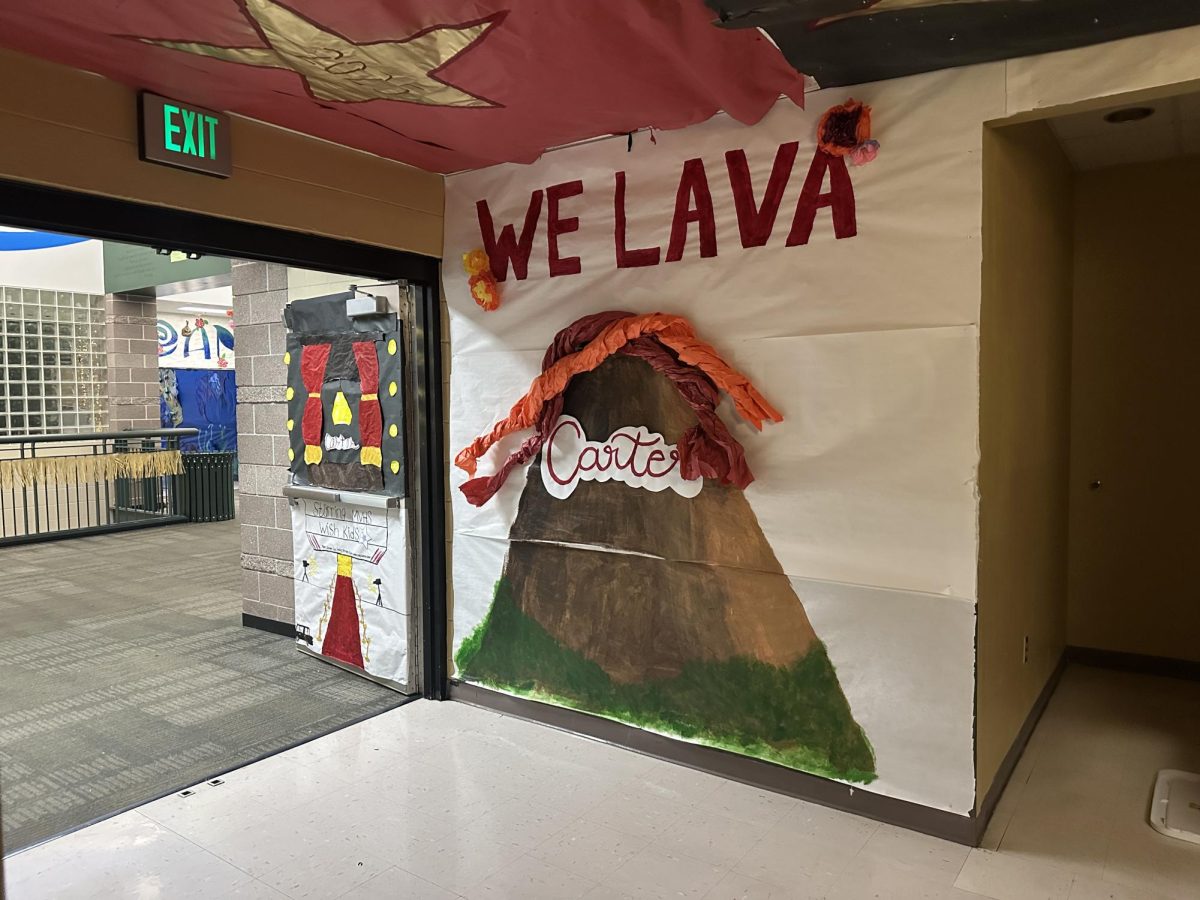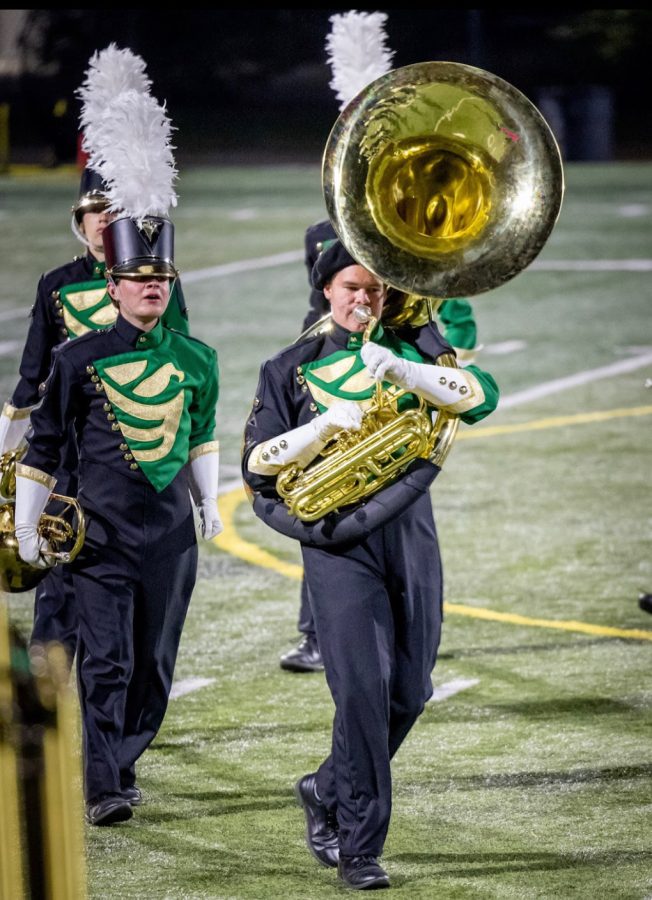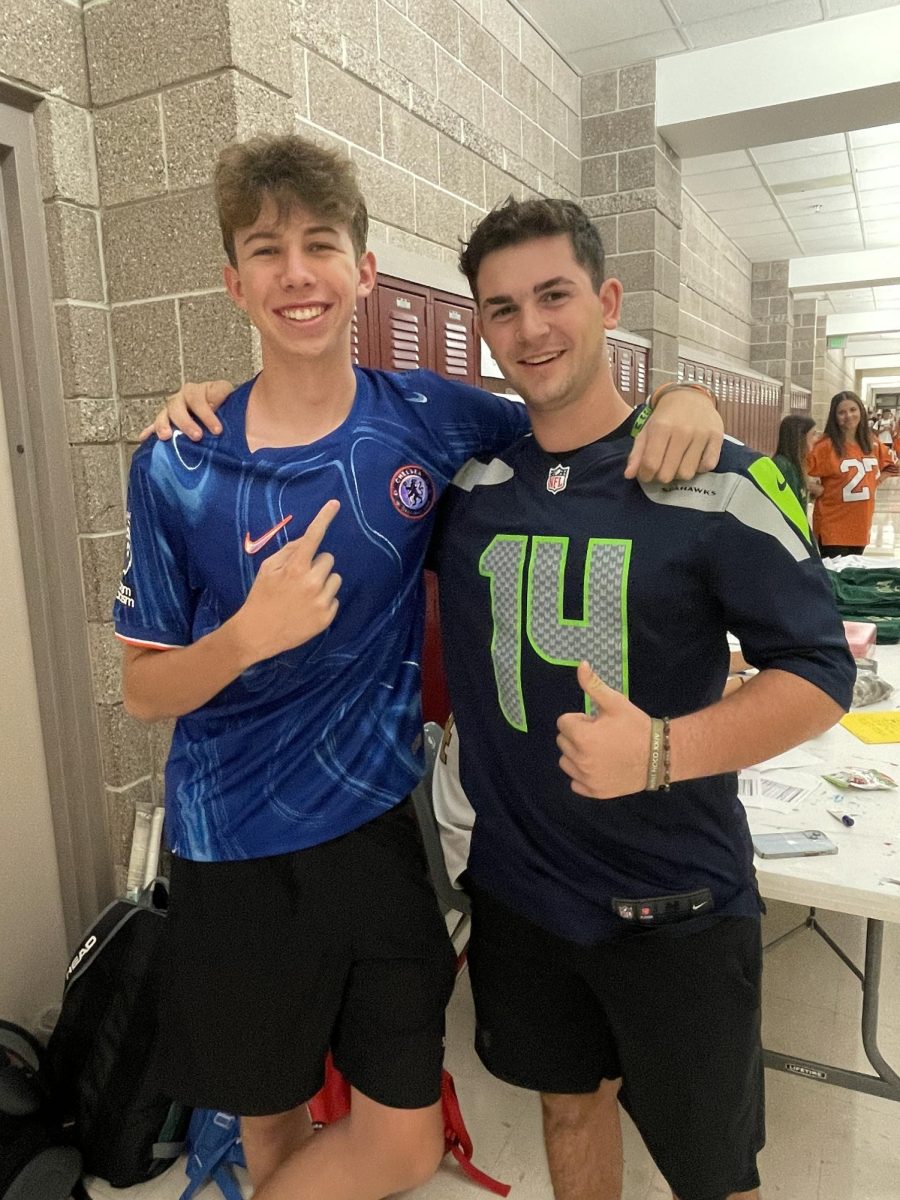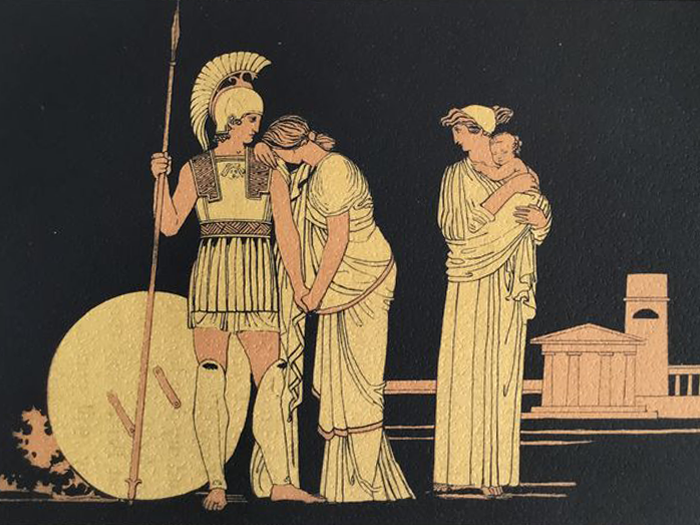Two views on the best albums released in recent decades.
1960’s
Zach
“Electric Ladyland”: The Jimi Hendrix Experience (1968)
Jimi Hendrix’s guitar skills on each track in this album completely mesmerize the listener. Hendrix’s performances inspired future guitarists to begin playing with a soulful, bluesy technique. All 16 songs contained a sound and style way ahead of its time, making “Electric Ladyland” one of the most influential albums within the rock genre.
Runner-ups: “The Beatles”: The Beatles (1968), “Let it Bleed”: The Rolling Stones (1969)
Cole
“Pet Sounds”: The Beach Boys (1966)
“Pet Sounds” is one of the first albums testing what new recording technology could do for music. It’s groundbreaking influence inspired albums like “Sgt. Pepper’s Lonely Hearts Club Band”. The subtle depth of the music offers a glimpse of Brian Wilson’s compositional genius.
Runner-ups: “Music From Big Pink”: The Band (1968), “The Velvet Underground & Nico”: The Velvet Underground (1967)
1970’s
Zach
“The Dark Side of the Moon”: Pink Floyd (1973)
“The Dark Side of the Moon” tells a dark and detailed story through nine incredibly abstract songs. The soothing vocals, intense drumming, and emotional guitar solos in all nine songs are mixed together in an absolutely perfect way. From start to finish, Pink Floyd created an album like no other, which is the reason it tops the 1970’s
Runner-ups: “L.A. Woman”: The Doors (1971), “Led Zeppelin IV”: Led Zeppelin (1971)
Cole
“Bitches Brew”: Miles Davis (1970)
This is the rooted down epitome of what fusion meant to jazz music. Davis had played with fusion ideas on “Filles de Kilimanjaro”, but not to this extent and perfection. This album strips fusion down to it’s groove-based roots and proves Davis’ ability to always be at the forefront of jazz.
Runner-ups: “L.A. Woman”: The Doors (1971), “The Band of Gypsys (Live)”: Jimi Hendrix (1970)
1980’s
Zach
“Back in Black”: AC/DC (1980)
“Back in Black” proved that an album doesn’t require excessive complexity to be amazing. The odds were against AC/DC following the death of their original singer, Bon Scott, but “Back in Black” proved the doubters very wrong. They came back firing with aggressive vocals, heavy riffs and perhaps the greatest hard rock album of all time.
Runner-ups: “Master of Puppets”: Metallica (1986), “Appetite for Destruction”: Guns n’ Roses (1987)
Cole
“Swordfishtrombones”: Tom Waits (1983)
“Swordfishtrombones” is Tom Waits first experimental work. After being strapped to his beatnik-late-night-jazz-bar-crooner image for his first few albums he finally took the step into the realm he desired to paint. The use of non-instruments like brake pads and chair screeches adds an unsettling layer of sound mirroring that which his lyrics describe. His lyrics always had a tinge of darkness, but this album embraces it. With one foot in the world of midgets and gin-soaked sailors on shore leave and the other still rooted in the compositions of the great American songbook, Waits reveals his ability to use abstract to create a relatable atmosphere.
Runner-ups: “Remain in Light”: Talking Heads (1980), “Purple Rain”: Prince and The Revolution (1984)
1990’s
Zach
“”Ten”: Pearl Jam (1991)
Pearl Jam’s first studio album contained 11 incredibly perfect tracks. Each song possessed a much more ominous theme such as suicide in “Jeremy”, homelessness in “Even Flow” and war in “Garden”. Eddie Vedder’s extremely powerful vocals carried the intensity of the themes, which ultimately turned each song into an emotional masterpiece. As the musical genre grunge exploded in the 1990’s, Pearl Jam found the best way to express the dark genre with their work on “Ten”.
Runner-ups: “Nevermind”: Nirvana (1991), “The Colour and the Shape”: Foo Fighters (1999)
Cole
“OK Computer”: Radiohead (1997)
Some say this album is the greatest concept of all time. It is truly timeless and can be applied to any moment of your life. The deep themes of alienation and depersonalization resonate in a despairing hope throughout the entire album. The use of dynamics and tone to convey emotion is also astounding.
Runner-ups: “Spiderland”: Slint (1991), “Miseducation of Lauryn Hill”: Lauryn Hill (1998)
2000’s
Zach
“Toxicity”: System of a Down (2001)
Each song on Toxicity possesses a theme that communicates the band’s distaste with the state of America, specifically in politics, the music industry and society in general. The overall aggression expressed by each band member conveys the harsh reality of these issues within the country. System of a Down created on of the most unique sounding albums ever, and this creativity mixed with the metal genre turned “Toxicity” into a true masterpiece.
Runner-ups: “The Marshall Mathers LP”: Eminem (2001), “American Idiot”: Green Day (2004)
Cole
“Frank”: Amy Winehouse (2003)
Amy calls back to the jazz greats while still blending in modern sounds. Her raw attitude and jazz background create a capsule of contagious emotion. Through it’s blend of crass lyrics, hip-hop beats and jazz melodies and progressions, it crafts a unique sound that changed the landscape of pop music.
Runner-ups: “Lift Your Skinny Fists Like Antennas to Heaven”: Godspeed You! Black Emperor (2000), “Demon Days”: Gorillaz (2005)
2010’s
Zach
“Good Kid, M.A.A.D. City”: Kendrick Lamar (2012)
“Good Kid, M.A.A.D. City” tells the story of Compton-raised Kendrick Lamar through deep lyrics and unique beats all featured within the 12 incredible songs. On the surface, this album is filled with catchy tracks, but a deeper look into every single lyric reveals the true terror and obstacles that Lamar faced growing up. “Good Kid, M.A.A.D. City” is filled with songs of immense quality and meaning, making it the greatest album released in this decade so far.
Runner-ups: “My Beautiful Dark Twisted Fantasy”: Kanye West (2010), “Channel ORANGE”: Frank Ocean (2012)
Cole
“Flower Boy”: Tyler, the Creator (2017)
Tyler, the Creator’s inner comment on the devastating nature of wealth driven by consumerism is his first recognizable expression of something deeply personal. The maturity and complexity of the music shadows that of his emotions. The album as a whole stands as a complex comment on the pop music culture and how these icons view themselves through their audience.
Runner-Ups: “Malibu”: Anderson .Paak: (2016), “To Pimp a Butterfly”: Kendrick Lamar (2015)






































